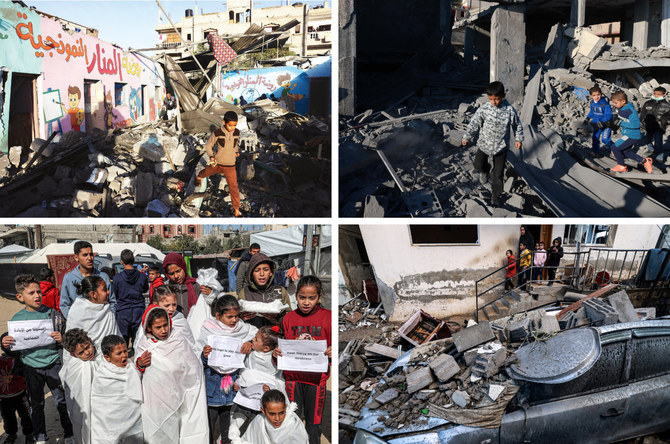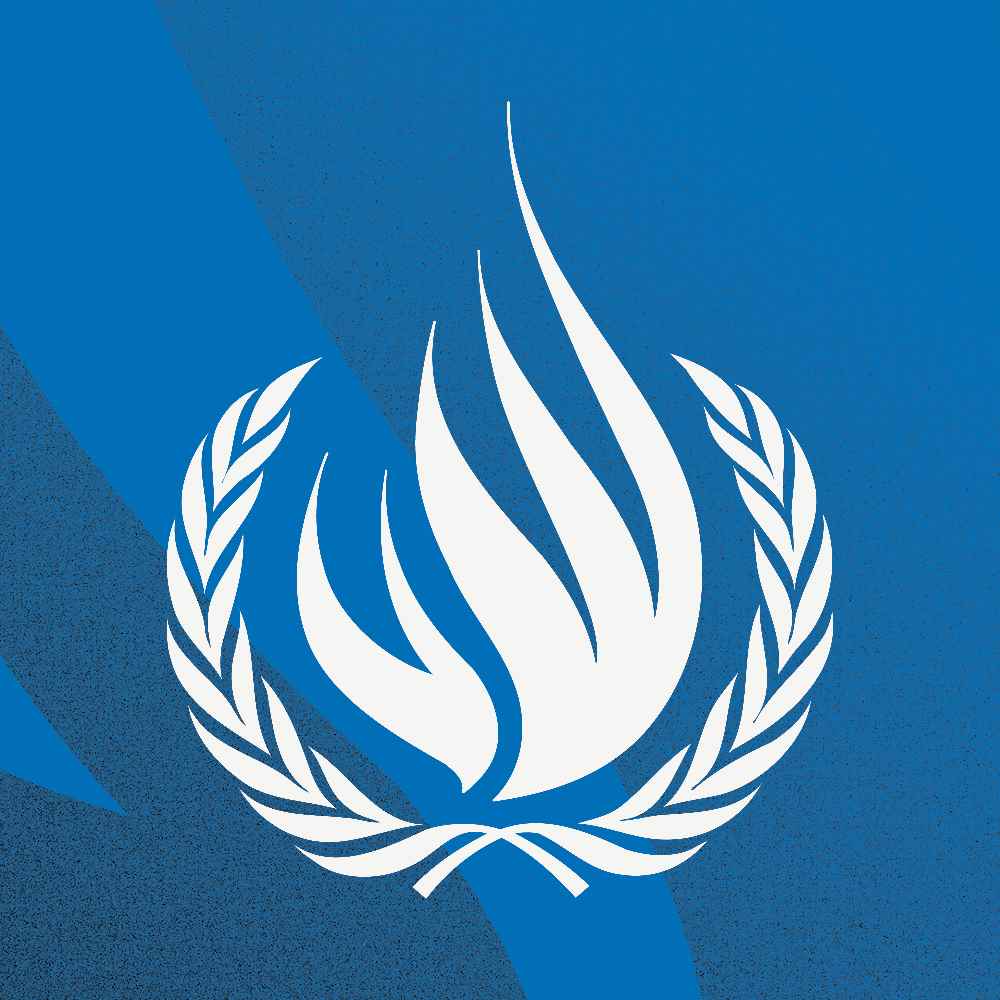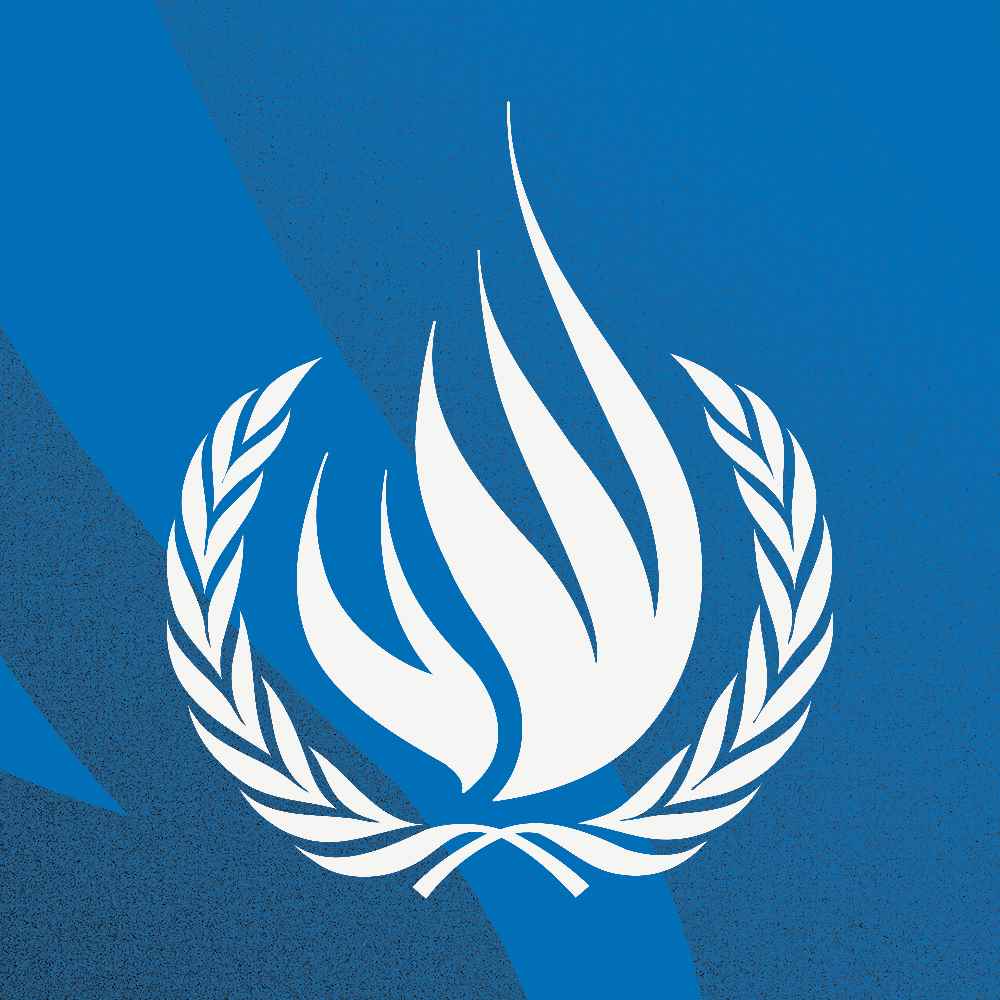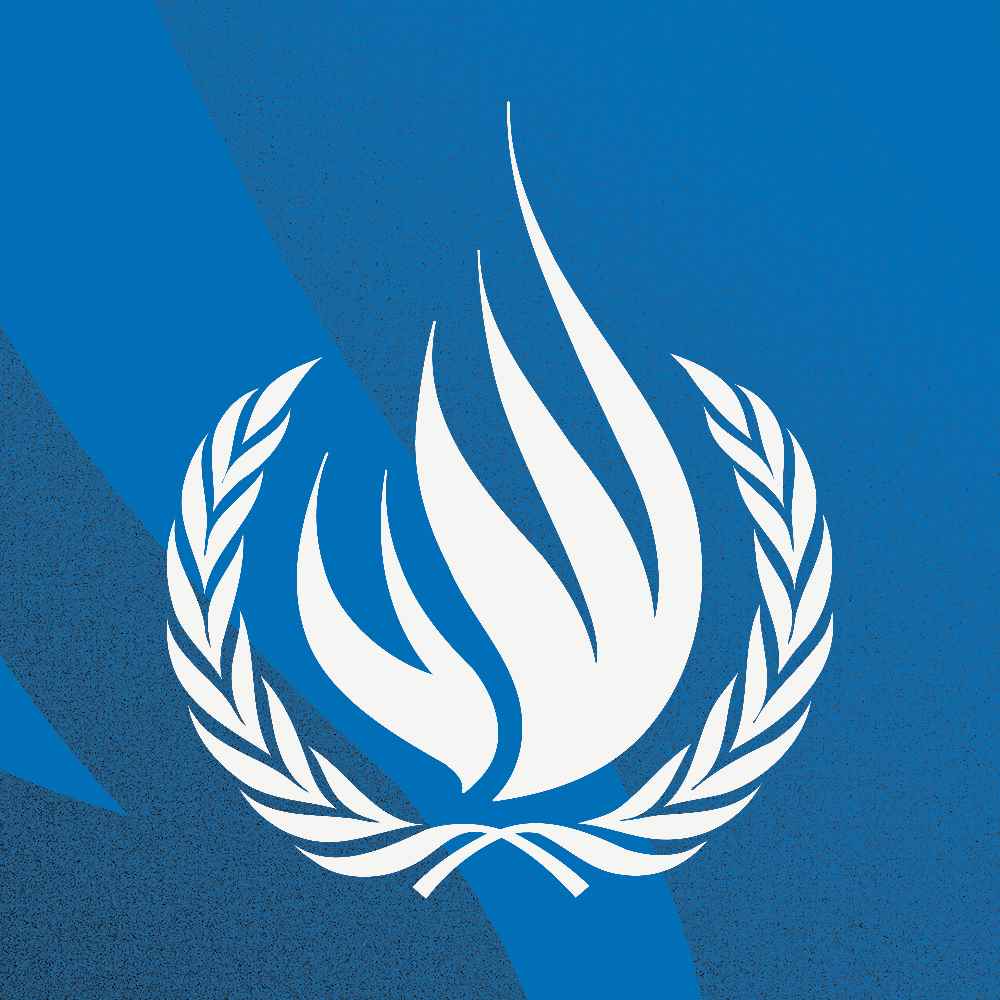
The plight of Rohingya refugees has long been a humanitarian crisis of immense proportions, but recent cuts in international aid are now threatening to push an already vulnerable population into even greater peril. Rohingya refugees, primarily housed in sprawling camps in Bangladesh, face a stark reality: without adequate assistance, severe malnutrition and a host of other long-term challenges will soon follow.
The Rohingya people, a Muslim minority in Myanmar, have been subjected to decades of persecution and systemic violence by the Myanmar military. In 2017, a brutal campaign of ethnic cleansing forced more than 700,000 Rohingya to flee to neighboring Bangladesh, where they now reside in the world’s largest refugee settlement in Cox’s Bazar.
Though the international community initially responded with a surge of aid, providing food, healthcare and shelter, the crisis has dragged on with no viable solution for repatriation or resettlement. Now, seven years later, the global focus on the Rohingya has waned and aid agencies are struggling with reduced funding. The World Food Programme recently had to cut food rations for the refugees due to a lack of international donations, plunging the camps into a worsening humanitarian situation.
The reduction of aid is not a minor inconvenience for the Rohingya refugees; it is the removal of a lifeline. The World Food Programme has already been forced to reduce the monthly food vouchers for each refugee from $12 to $10 and now, with funding still falling short, it may be reduced further. This means that refugees, many of whom already suffer from malnutrition, will have even less access to essential food items. For a population that relies almost entirely on international assistance for their survival, this is a devastating blow.
The reduction of aid is not a minor inconvenience for the Rohingya refugees; it is the removal of a lifeline
Dr. Azeem Ibrahim
The cuts are a direct result of donor fatigue. As global crises multiply — from the war in Ukraine to humanitarian needs in sub-Saharan Africa — the attention and resources once directed toward the Rohingya have dissipated. Nations that were once generous contributors are now prioritizing domestic needs or shifting focus to other geopolitical crises. The pandemic also strained donor economies, further exacerbating the funding shortfall.
Severe food insecurity is already becoming a stark reality for Rohingya refugees. According to the World Health Organization, malnutrition rates in the camps are alarmingly high, with nearly half of the children under 5 suffering from stunted growth. This is particularly concerning because malnutrition in early childhood has irreversible consequences on physical and cognitive development.
Malnutrition does not simply mean hunger. It leads to a weakened immune system, making individuals — especially children — more susceptible to diseases. In overcrowded camps where sanitation is poor and healthcare services are limited, the risk of outbreaks of diseases like cholera and typhoid is heightened. Malnutrition and disease create a vicious cycle: weakened bodies are less capable of fighting infections and recurrent illnesses further deplete nutritional reserves, leading to more severe health complications.
Women and children are the most vulnerable in this context. Pregnant and breastfeeding women who are malnourished are at greater risk of complications during childbirth and their infants are more likely to be born underweight and susceptible to infections. The cumulative effect is a population that is growing weaker, less resilient and more dependent on diminishing aid.
The impact of these cuts will not be limited to the immediate future. The long-term consequences of malnutrition among the Rohingya refugees could give rise to a lost generation — children who are not only physically stunted but who also lack the educational and economic opportunities to break the cycle of poverty and displacement.
Rohingya children in the camps already face significant barriers to education. Many are unable to access formal schooling and those who can often attend under-resourced schools with poorly trained teachers. A malnourished child’s ability to learn and concentrate is severely compromised, meaning that even the limited educational opportunities available may not be fully utilized.
The consequences of widespread malnutrition and lack of education will ripple through the community for years
Dr. Azeem Ibrahim
Without proper education, the prospects for these children to build a better future are grim. The consequences of widespread malnutrition and lack of education will ripple through the community for years, ensuring that the cycle of poverty and displacement continues.
The international community’s response to the Rohingya crisis was initially swift and generous, but that momentum has faded. Bangladesh, which has hosted more than a million refugees at significant social and economic cost, cannot shoulder the burden alone. The country’s limited resources and domestic challenges make it clear that international assistance is not just necessary but critical.
Cutting aid not only endangers the Rohingya people but also risks further destabilizing an already volatile region. The camps are becoming breeding grounds for extremism and organized crime as hopelessness and despair set in. Radicalization is a very real threat, as disillusioned youths may become vulnerable to recruitment by militant groups operating in the region. The lack of opportunities and the ongoing humanitarian disaster may also trigger further waves of displacement, creating instability in neighboring countries and beyond.
The international community has a moral and geopolitical responsibility to ensure that aid to the Rohingya is not only maintained but increased. Countries that have historically been at the forefront of providing humanitarian aid, such as the US, European nations and Middle Eastern states, need to renew their commitments. Failing to do so risks creating a protracted crisis that will affect not only the Rohingya but also broader regional stability.
Donor fatigue is understandable in a world with so many competing crises, but the Rohingya must not be forgotten. Restoring and increasing aid will not only save lives in the short term but also help prevent a long-term humanitarian disaster that will have consequences far beyond the borders of Bangladesh. The world must act now or risk watching one of the most persecuted people in modern history fall into even deeper despair.
Dr. Azeem Ibrahim is the director of special initiatives at the Newlines Institute for Strategy and Policy in Washington, DC. X: @AzeemIbrahim












